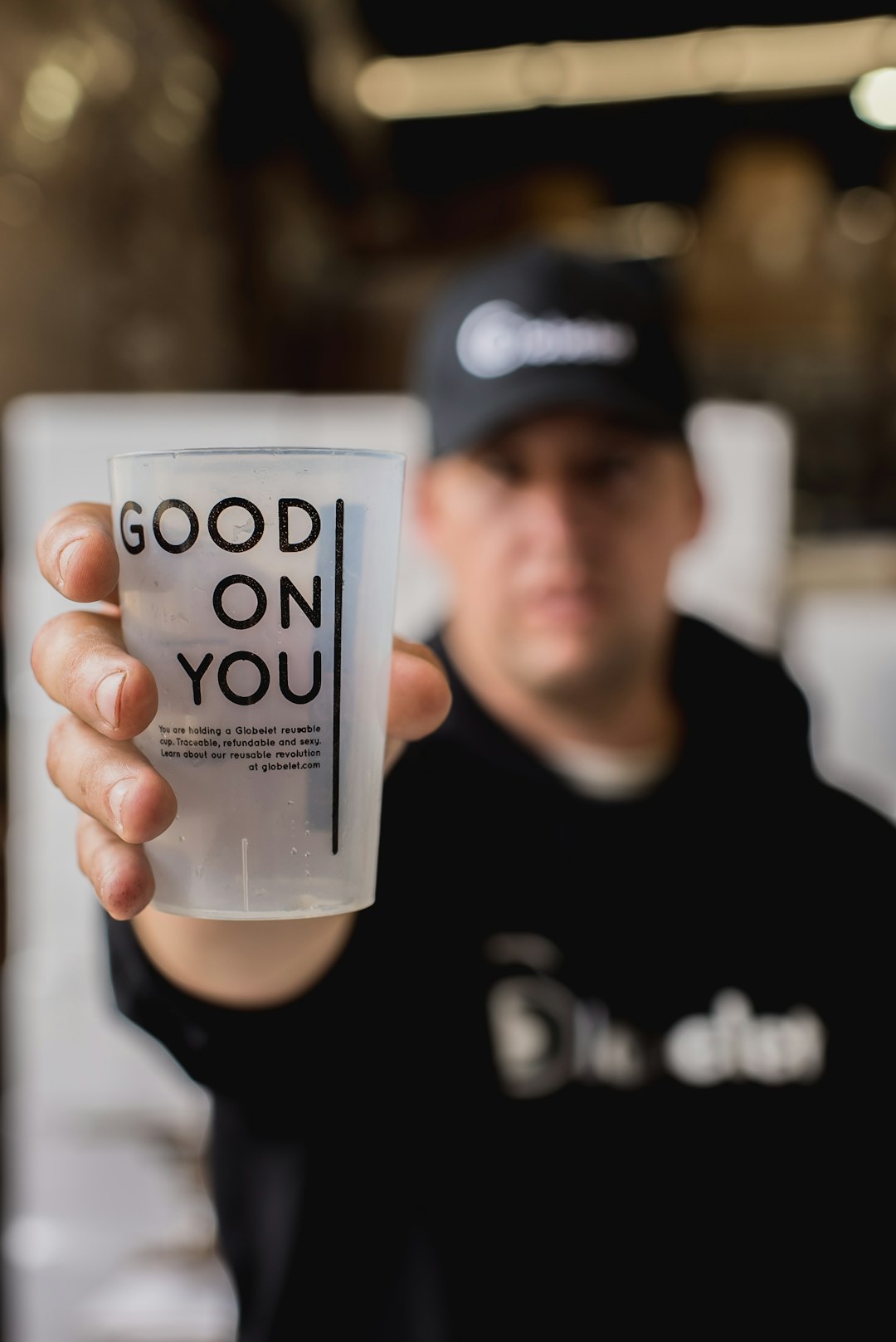Here are other ways in which RFID is used to combat the coronavirus pandemic.
- Authentication of testing kits and PPEs
SUKU, a blockchain company, and Smartrack have partnered to develop a technology that will be used to verify and authenticate COVID-19 test kits and PPEs. Their approach takes advantage of near field communication (NFC) RFID tags. The data is fed into the digital identity platform developed by Avery Dennison and integrated into SUKU’s blockchain-based supply chain app. The partnership allows testing kits to be authenticated to ensure that they are legitimate products approved by the FDA. In the age of counterfeit products that have flooded the market, the technology is a step in the right direction which allows counterfeit items to be fought. This helps save lives as coronavirus is a deadly disease that requires quality materials, mainly for front line workers.
- Real-time visibility of vaccines
The development of coronavirus vaccines is one of the leading areas of discussions in the world today. As such, many companies are struggling to come up with the best candidate for a vaccine to save lives and stop the ever-increasing infections. With this development, some companies are deploying cutting edge technologies to ensure the vaccine and plasma that is used to treat COVID-19 patients are tracked from source to destination. This is where RFID technology has found work. Biolog-ID announced back in June that it was supplying RFID technology to track convalescent plasma for LifeShare Blood Center. The plasma harvested from recovering coronavirus patients will offer antibodies that will help those suffering from the disease. With blockchain and RFID technologies, vaccines cannot be tampered with, and counterfeit drugs cannot access the supply chain.
- Hospital monitoring
RAIN RFID technology is used in many ways in a hospital setup. While most of these uses are not related directly to the current pandemic, their uses are helping healthcare providers in monitoring resources and ensuring there are high levels of hygiene. For instance, hand-washing hygiene is one of the mechanisms that are recommended by infectious disease specialists as a way of countering the spread of the coronavirus pandemic. RAI RFID allows hospitals to ensure staff complies with the hand-washing protocols and makes it feasible to do so. With an RFID reader situated at a hand-washing station, a tag or a badge on the uniform of a health worker can be read, and management can use the information to track people that have washed their hands when they did so and how.
RFID is also used in hospitals to track the inventory of medical supplies and other high-value assets. It allows administrators to do so without touching the assets or manually counting them. The technology allows staff to quickly locate what they want throughout the facility faster and effectively.
With the immense potential of RFID, it is evident that the fight against the pandemic will rely more on this technology in collaboration with others in the coming days. Governments and medical providers must, therefore, invest in it more if they are to increase their chances of success against the deadly virus.





